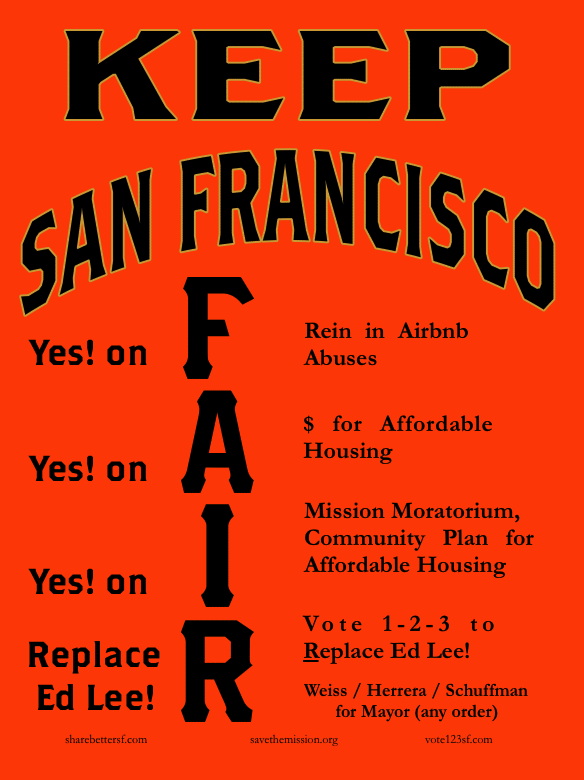I sent the following in to The Baffler, but it does not appear that they publish letters either in their print publication or online, so I’ve put it here. I have not received any response or acknowledgment yet from The Baffler editors.
This is in response to Yasha Levine’s essay “All EFF’d Up” about the Electronic Frontier Foundation.
Yasha Levine’s screed against the EFF overlooks a couple of major campaigns that contradict their thesis of its being a “corporate front”.
First, EFF has campaigned strongly against software patents which large tech companies love, as they provide leverage over smaller competitors (including the threat of their own employees leaving and starting competitive businesses).
Second, EFF has consistently fought tooth and nail against so-called “free trade” agreements such as CAFTA, FTAA, and TPP that are really instruments to reduce democracy and increase corporate power through the backdoor. If the EFF was a good corporate stooge, they would have supported such agreements wholeheartedly.
The fact is that the EFF is an uneasy mix of liberals, libertarians, and leftists. They tend to focus on things they can all agree on, which is why government surveillance has been such a hot-button issue for them, and opposition to surveillance capitalism has been harder to build internal consensus around.
Martin

